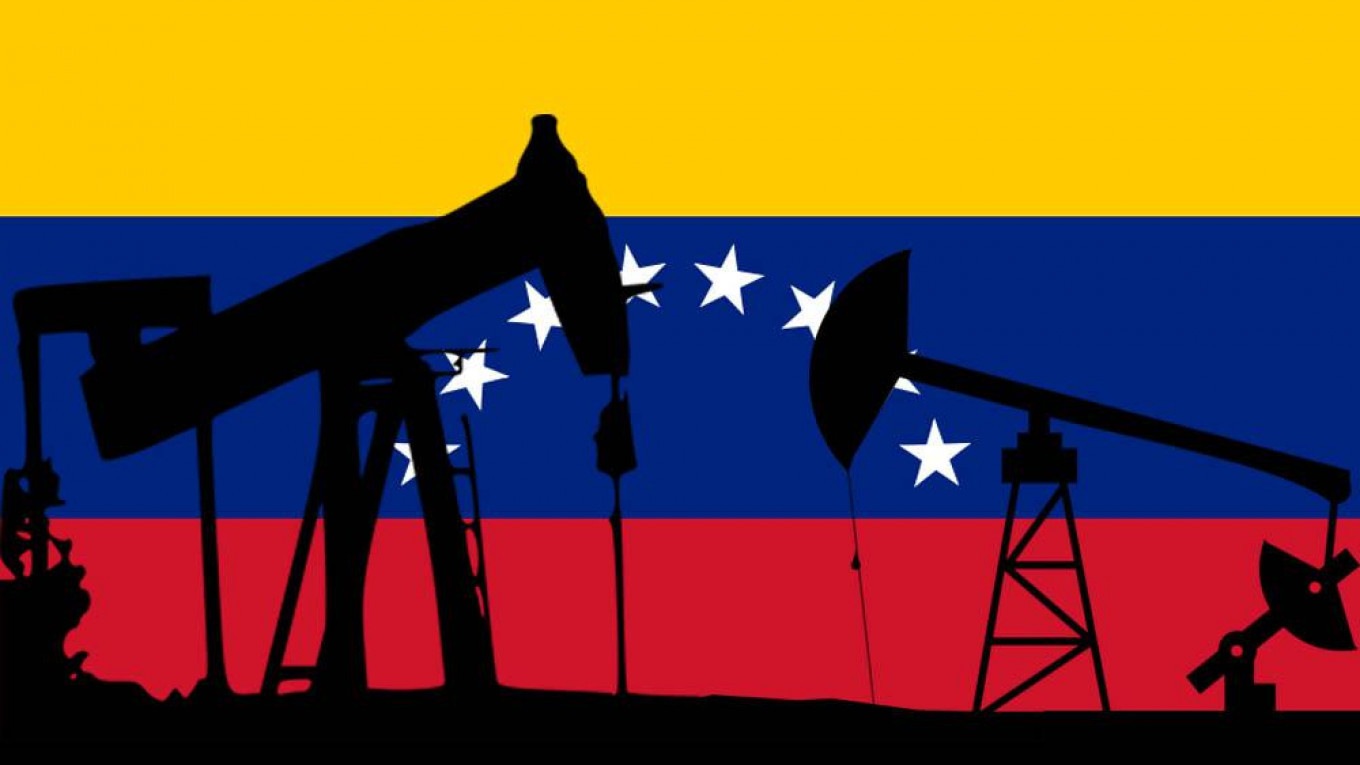RIO DE JANEIRO, BRAZIL – According to Reuters, Venezuelan oil exports fell by 28 percent in the first half of June, its lowest level in 70 years. The embargo imposed by the USA and the pressure exerted on companies and states that buy and process Venezuelan oil are thus becoming increasingly effective.

Exports are said to have averaged only 325,000 barrels per day (bpd) in June to date and were therefore below the 17-year minimum of 452,000 bpd recorded in May. If this average is sustained over the next two weeks, the June export volume could become the lowest since the 1940s.
According to Reuters, the decline in exports has also led to Venezuela’s storage capacity becoming insufficient. As a result, the state-owned oil company PDVSA is being forced to further reduce production, which has already been paralyzed for a long time.
Despite the sanctions, PDVSA and its joint venture partners have been able to export seven deliveries of crude oil and fuel to long-standing customers such as the Italian company Eni, the Spanish company Repsol and the Cuban state-owned company Cubametales in June, according to internal company records and data from the analysis platform Refinitiv Eikon, which is part of Reuters. However, Repsol, which like Eni is expected to receive Venezuelan oil as payment of dividends and debts, stressed that the company is complying with the sanctions and regulations imposed by the US. Eni also stated that it is acting in accordance with US regulations and is in ongoing dialogue with the US authorities.
For its part, China has officially stopped importing Venezuelan oil since September 2019. However, according to Bloomberg and the data intelligence agency Kpler, China is still importing oil from the South American country: Earlier this week, up to 3.3 million barrels are said to have been waiting off the Chinese coast, and another five million barrels are currently on their way to the port of Qingdao.
Bloomberg, quoting Kplers analyst Sean Tan, reports that Chinese traders are being resourceful in circumventing US sanctions: Most of Venezuela’s crude oil is reportedly found on tankers that have not collected their supplies directly from Venezuelan ports, but rather via ship-to-ship transfers in the Strait of Malacca between Indonesia and Malaysia.
According to Serena Huang, senior analyst at Vortexa Ltd., a market analysis company, there is a special reason why China continues to rely on Venezuelan oil despite the threat of a dispute with the USA: Venezuela’s heavily acidic crude oils, with their high residue content, are a popular raw material for Chinese refineries.
But exports to Venezuela have also been affected by the US sanctions. In early June, the US Treasury Department sanctioned four companies that allegedly supplied oil to Venezuela. These are three companies from the Marshall Islands and one from Greece. They allegedly own tankers that shipped oil to Venezuela between February and April.
However, Mexican President Andrés Manuel López Obrador refuses to bow to US pressure. On Monday he told the press that he would not reject Venezuela’s request for oil supplies “for humanitarian reasons”. However, this request has not yet been received. When asked why he was risking a conflict with the US government, he replied that Mexico was a sovereign nation that made its own decisions.
In May, Iran sent five oil tankers to Venezuela to help the country, which is under severe economic pressure, and the Islamic Republic intends to continue doing so. Two to three shiploads per month could be delivered to Venezuela, according to Reuters, quoting from Iranian government sources.

